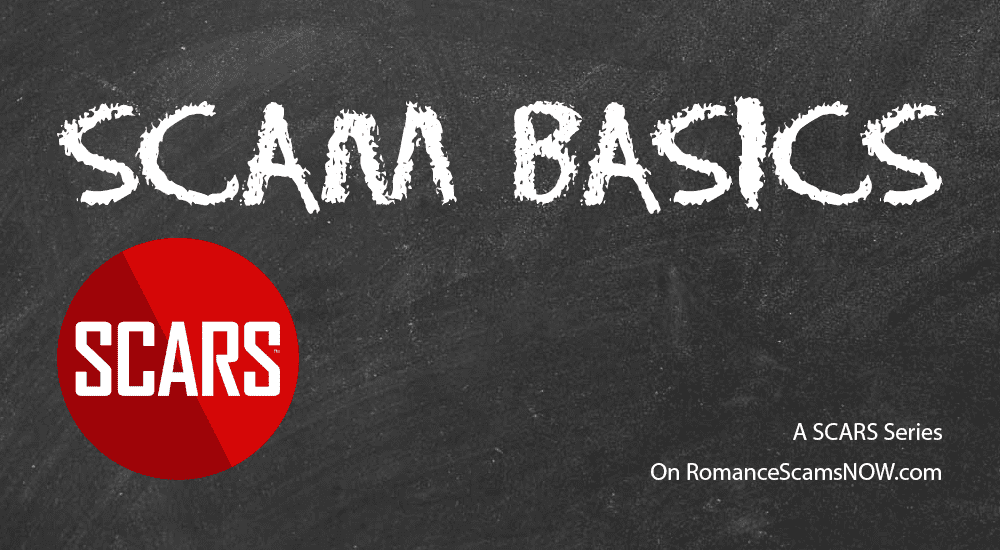Check-Kiting Scheme: How Scammers Float Bad Checks and Get Away With Stealing Money From Banks And Account Holders
How Check-Kiting Works
A check-kiting scheme is a type of fraud that involves using two or more bank accounts to float bad checks. The perpetrator writes a check from one account to another, knowing that there is not enough money in the first account to cover the check. The perpetrator then deposits the check into the second account and withdraws the funds before the first check clears. The perpetrator can repeat this process multiple times, as long as the banks do not catch on.
Check-kiting schemes can be difficult to detect because the perpetrator is using real bank accounts and real checks. However, there are a few red flags that banks may look for, such as:
- A large number of deposits and withdrawals from different accounts in a short period of time
- Deposits of checks from banks that are located far away
- Deposits of checks from accounts that are known to be involved in check-kiting schemes
If a bank suspects that a customer is engaged in a check-kiting scheme, they may freeze the customer’s accounts or report the customer to the authorities.
Check-kiting is a crime in all 50 states and can be punishable by up to 10 years in prison.
Here are some tips to avoid becoming a victim of a check-kiting scheme:
- Be careful about accepting checks from people you do not know well.
- Do not deposit checks from people who are known to be involved in check-kiting schemes.
- Do not deposit checks from banks that are located far away.
- If you deposit a check and the bank tells you that it will be a few days before the check clears, do not withdraw the funds until the check has cleared.
Check-Kiting & Money Mules
Money mules are not typically engaged in check-kiting schemes. Check-kiting schemes involve writing bad checks and depositing them into multiple accounts in order to float money. Money mules, on the other hand, are typically used to receive and transfer money that has been obtained through fraudulent means, such as online scams or credit card fraud.
However, it is possible for money mules to be involved in check-kiting schemes. For example, a scammer might use a money mule to open a bank account and then deposit a bad check into that account. The scammer would then withdraw the money from the account before the bad check cleared. The money mule would be left responsible for the bad check, even if they were unaware that they were being used to commit a crime.
It is important to be aware of the risks associated with being a money mule. Money mules can be held criminally liable for the crimes they are used to commit, and they can also suffer financial losses. If you are approached by someone who asks you to open a bank account or to receive and transfer money on their behalf, be suspicious and refuse.
Remember
If you think you may have been a victim of a check-kiting scheme, you should report it to your bank and to the local police. See reporting.AgainstScams.org for more information about reporting.
SCARS Resources:
- Getting Started Right: ScamVictimsSupport.org
- Sextortion Scam Victims: Sextortion Victims Support – The Essentials (scamvictimssupport.org)
- For New Victims of Relationship Scams newvictim.AgainstScams.org
- Subscribe to SCARS Newsletter newsletter.againstscams.org
- Sign up for SCARS professional support & recovery groups, visit support.AgainstScams.org
- Join our Scam Survivors United Chat & Discussion Group facebook.com/groups/scam.survivors.united
- Find competent trauma counselors or therapists, visit counseling.AgainstScams.org
- Become a SCARS Member and get free counseling benefits, visit membership.AgainstScams.org
- Report each and every crime, learn how to at reporting.AgainstScams.org
- Learn more about Scams & Scammers at RomanceScamsNOW.com and ScamsNOW.com
- Scammer photos ScammerPhotos.com
- SCARS Videos youtube.AgainstScams.org
- Self-Help Books for Scam Victims are at shop.AgainstScams.org
- Donate to SCARS and help us help others at donate.AgainstScams.org
- Worldwide Crisis Hotlines: https://blog.opencounseling.com/suicide-hotlines/
Other Cyber Resources
- Block Scam Domains: Quad9.net
- Global Cyber Alliance ACT Cybersecurity Tool Website: Actionable Cybersecurity Tools (ACT) (globalcyberalliance.org) https://act.globalcyberalliance.org/index.php/Actionable_Cybersecurity_Tools_(ACT)_-_Simplified_Cybersecurity_Protection
- Wizer Cybersecurity Training – Free Security Awareness Training, Phishing Simulation and Gamification (wizer-training.com)
-/ 30 /-
What do you think about this?
Please share your thoughts in a comment below!
Do You Need Support?
Get It Now!
SCARS provides the leading Support & Recovery program for relationship scam victims – completely FREE!
Our managed peer support groups allow victims to talk to other survivors and recover in the most experienced environment possible, for as long as they need. Recovery takes as long as it takes – we put no limits on our support!
SCARS is the most trusted support & education provider in the world. Our team is certified in trauma-informed care, grief counseling, and so much more!
To apply to join our groups visit support.AgainstScams.org
We also offer separate support groups for family & friends too.
Become a
SCARS STAR™ Member
SCARS offers memberships in our STAR program, which includes many benefits for a very low annual membership fee!
SCARS STAR Membership benefits include:
- FREE Counseling or Therapy Benefit from our partner BetterHelp.com
- Exclusive members-only content & publications
- Discounts on SCARS Self-Help Books Save
- And more!
To learn more about the SCARS STAR Membership visit membership.AgainstScams.org
To become a SCARS STAR Member right now visit join.AgainstScams.org
To Learn More Also Look At Our Article Catalogs
Scam & Crime Types
More SCARS
- ScamsNOW Magazine – ScamsNOW.com
- ContraEstafas.org
- ScammerPhotos.com
- AnyScam.com – reporting
- AgainstScams.org – SCARS Corporate Website
- SCARS YouTube Video Channel













Leave A Comment